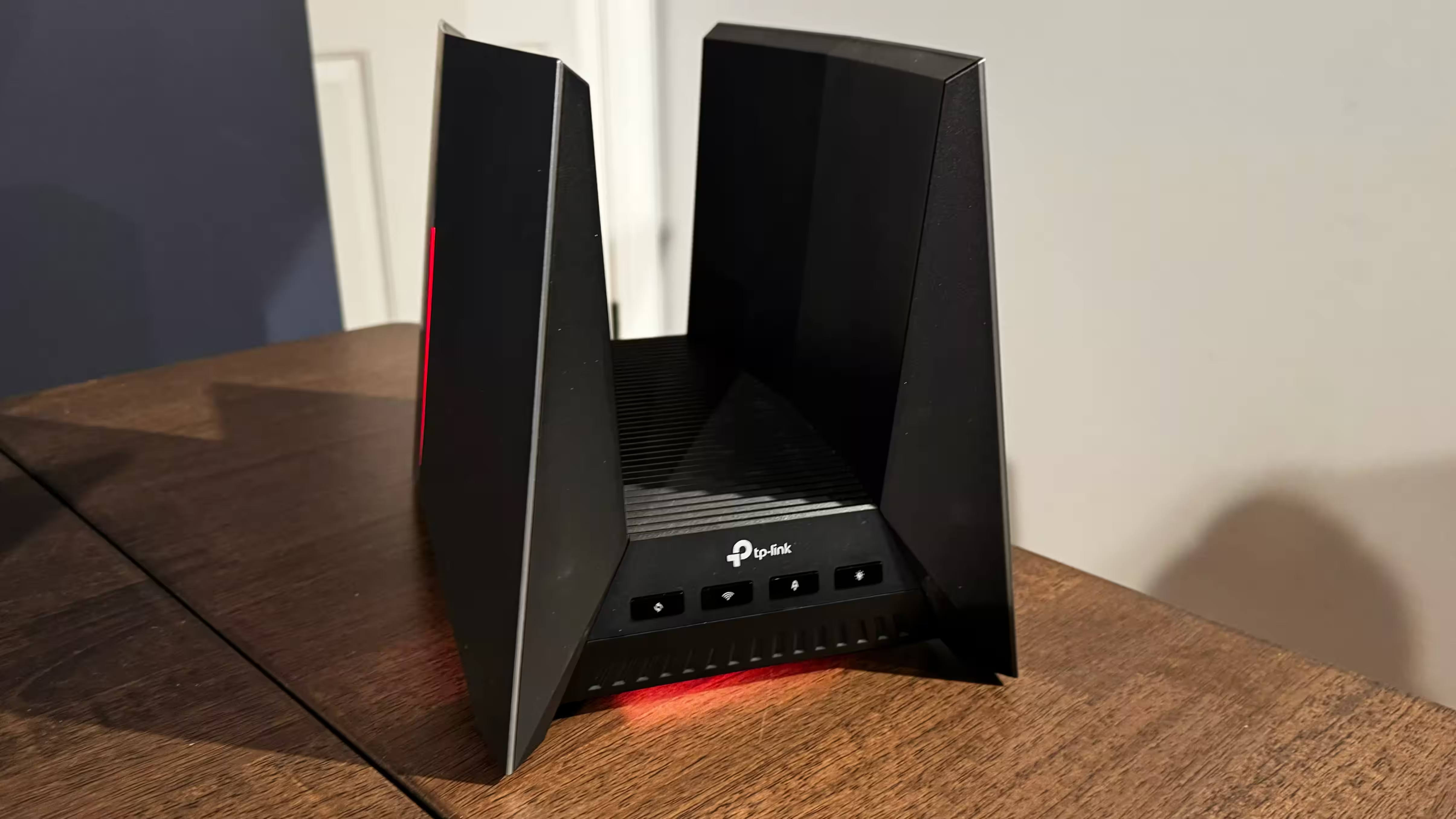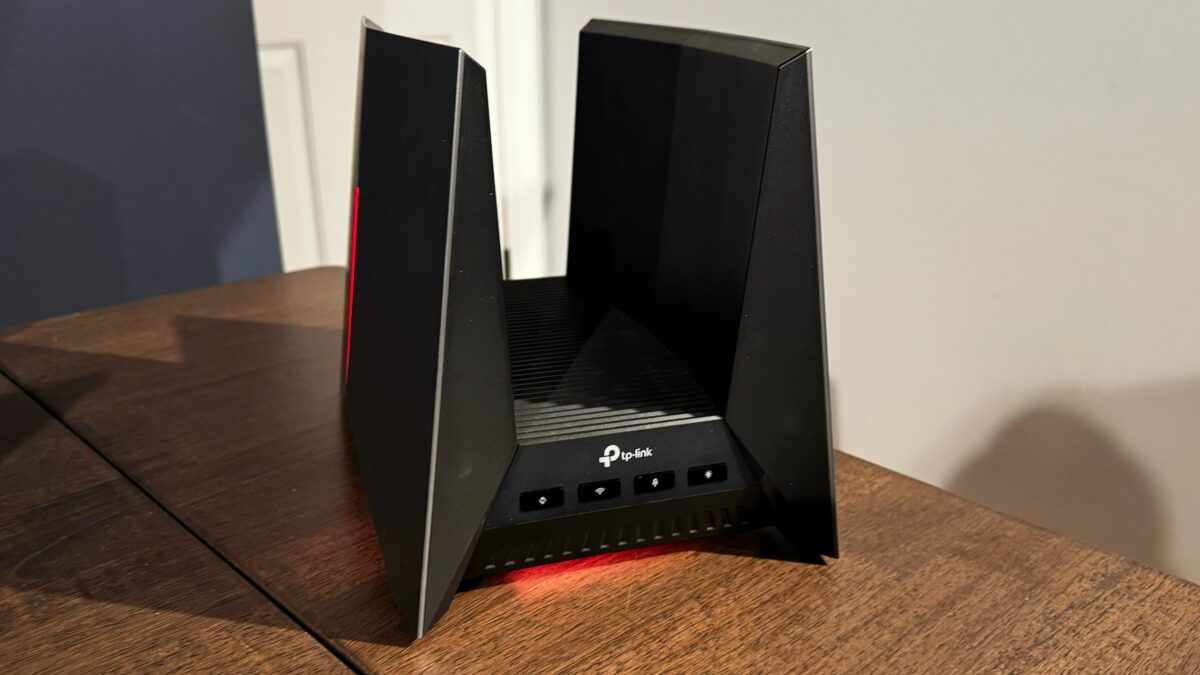TP-Link has successfully tested Wi-Fi 8, a new standard for ultra-reliable wireless communication


TP-Link has announced the first successful tests of Wi-Fi 8, although Wi-Fi 7 is just starting to hit the market. The new standard doesn’t focus on speed, but on stability, low latency and stable connectivity even in busy networks.
The new standard is not about speed, but about stability, low latency and stable connectivity even in busy networks.
From speed to reliability
According to Forbes, TP-Link has successfully established Wi-Fi 8 connectivity in a lab environment. We’re talking about a prototype for now: the company isn’t revealing exact specs or giving a release date for the first routers.
Wi-Fi 8, also referred to as 802.11bn, is positioned as «Ultra-Reliable Wireless» — ultra-reliable communications technology. The main goals — are to increase throughput, minimize latency and expand coverage. TP-Link says the new standard will reduce interference between wireless technologies that run on the same device — Bluetooth, Zigbee and Ultra-Wideband.
The new standard is designed to minimize interference between wireless technologies that run on the same device — Bluetooth, Zigbee and Ultra-Wideband.
The company’s official website emphasizes that Wi-Fi 8 will provide stable operation of multiple devices at the same time and a stable connection when moving around the house. Even at long distances from the router, users will experience fewer lags and dropped connections.
What’s known about the prospects
TP-Link is not yet sharing data rates or a commercial launch date, but it’s clear that Wi-Fi 8 aims to address the problems inherent in wireless networks: signal instability, channel congestion, and latency in multi-user environments.








